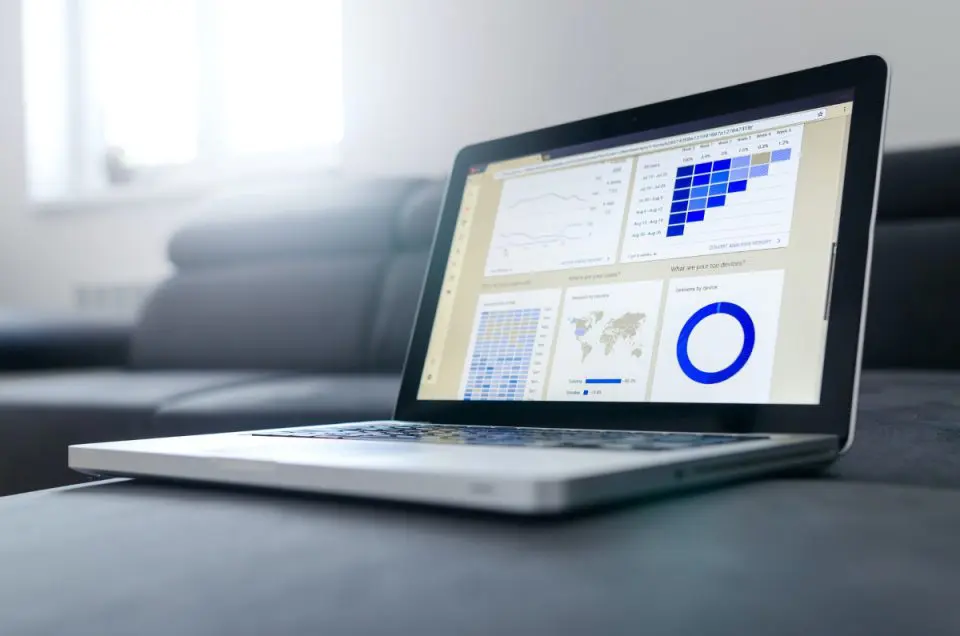By Ida Nadirah Ibrahim
SHAH ALAM – The Covid-19 pandemic has devastated lives and crippled economies in its wake, pushing nations to find solutions on how to cushion its impact.
Many countries have implemented aggressive measures to contain the spread of the contagion, at extraordinary cost to their economy.
Thousands of businesses were shuttered, sectors deemed “non-essential” were instructed to close, and people were disallowed to travel. Some governments limited the movement of their citizens, some imposed curfews. And almost overnight a new catchphrase was born — social distancing.
How effective these measures are, isn’t always clear. In Malaysia, the daily numbers provided by the government give an indication of our success rate in containing the disease, but to ease a nation back to the path of normalcy requires far more statistics and figures to be made sense of.
Ipsos Malaysia managing director Arun Menon said this is where data collection comes in. Data is vital in helping governments and agencies have an overview of the issues at hand and implement policies for moving forward.
In an online interview with Selangor Journal, Arun mentioned that data is essential but more important is the information gathered from the studies conducted.
“The purpose of collecting information is to give insights to our clients so that they can make better decisions to further improve their business,” he said.
Arun said the global market research company is not just focused on issues within Malaysia, but also keeps an eye on other markets and the trends that come from their data.
“The data collected help administrations, agencies, the public and media have a deeper understanding of how consumers and citizens think or feel about a topic of research,” he explained.
Arun shared that among the challenges faced by Ipsos during this Covid-19 crisis is the ability to maintain connectivity with its clients.
Many clients, he said, are now cautious about their spending, and therefore Ipsos is coming up with new strategies to cater to their evolving needs.
“With all the uncertainty during this period, it is essential for us to deliver all the latest updates and data to our clients consistently.
“We are addressing and adapting to the ‘new normal’ by ensuring we stay engaged with all our clients at all times.”
Since the enforcement of the movement control order on March 18, Ipsos Malaysia has released the results of two surveys that strike a chord with most Malaysians — how they feel about the partial lockdown, and concern over unemployment. The information gathered will help those in authority formulate strategies and policies for the near future.
“We will also be looking into the trend of e-commerce, into where people are spending their money and the shift from shopping in physical stores to digital transactions,” he said.





